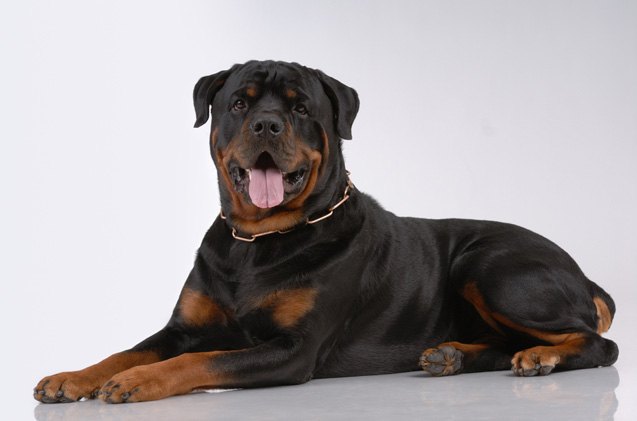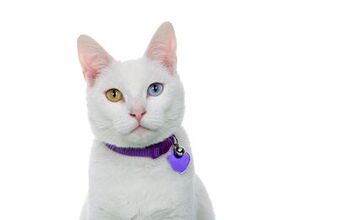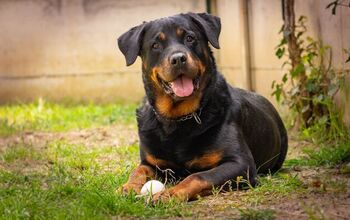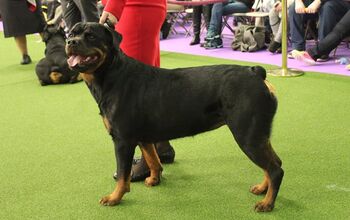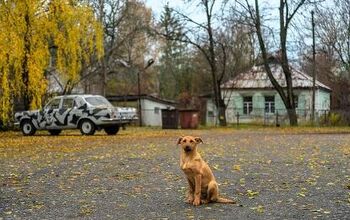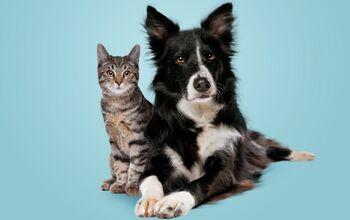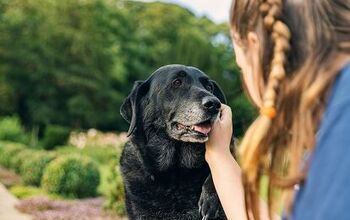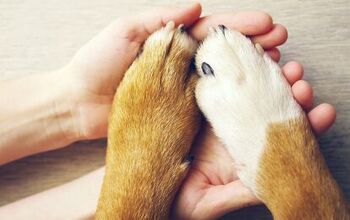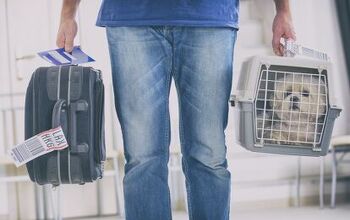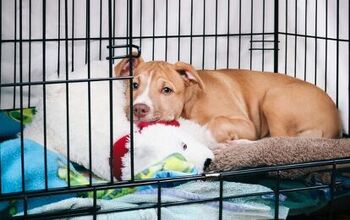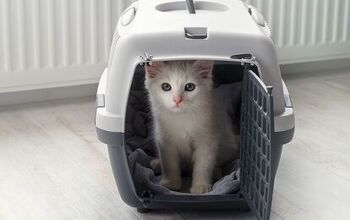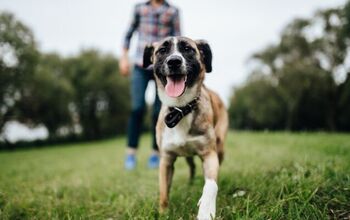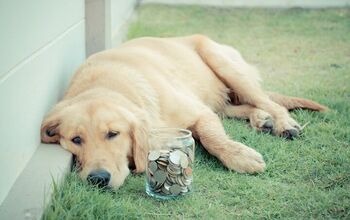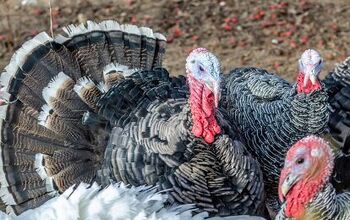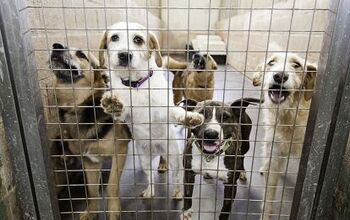Rottweiler


About Rottweiler
When you say Rottweiler, it can often conjure up images of a violent, aggressive dog – the kind that isn’t exactly friendly to the mailman. But that’s not all there is to this German breed of dog, and as you’re about to find out, Rottweilers can make loyal and trustworthy pets that are worthy of the distinction of “guard dog.”
But is aggressiveness to outsiders all that really defines a Rottweiler? Throughout this breed description, you’ll find out all that goes into making a Rottweiler tick and what separates it from other breeds of similar size.
Rottweilers can make loyal and trustworthy pets that are worthy of the distinction of guard dog.
The Rottweiler might seem like a recent breed given its German heritage, but the origins of the Rottweiler go back to the Roman Empire – ancient times. The ancestors of the breed would help Roman armies by functioning as a working dog, and one of the towns that ancient Roman armies would trek through is the town of Rottweil.
As the breed developed, its role shifted from that of a working dog to become a more guard dog. Many Rottweilers were used during the Middle Ages by merchants who wanted to protect their pouches of money. These merchants would tie the pouch around a Rottweiler’s neck – for many people, it was better than using a bank account!
Rottweilers declined as the technology to protect items improved, but in the 1900s a new demand for police dogs rose and interest in the Rottweiler was revived. Today we know all about the aggressive but loyal Rottweiler and it has become a household name.
Descending from those ancient Roman working dogs, the pedigree of the Rottweiler goes back to antiquity. For this reason it’s hard to precisely track down the pedigree of this dog unless you’re familiar with the types and breeds that Romans used to help herd cattle. Rottweilers descend from its own breed ancestors as far back as the Middle Ages.
The Rottweiler has a fairly typical diet compared to many dogs its size – in males, adult Rottweilers can be over 100 pounds in weight. This corresponds with a fairly aggressive appetite. Rottweilers, like many dogs, often prefer meat as a treat but can find nutritional value in other dog foods as well as vegetables. The Rottweiler might have a reputation as a biter, so it’s generally a good idea to keep your dog properly exercised and fed. No one likes a grumpy Rottweiler.
Rottweilers can be highly responsive to training that takes advantage of its general fearlessness.
Rottweilers can be highly responsive to training that takes advantage of its general fearlessness. It’s assumed that this breed is naturally aggressive but you can find them to be peaceful in its down-time. Because it is so responsive to training, however, Rottweilers are often used as police and guard dogs and will fully embrace these roles.
Rottweilers, however, have also been used as messenger dogs and have even helped medical teams in the past. Rottweilers are more versatile than many people give them credit for – this is, again, thanks to their general obedience and responsiveness to working with humans.
Quality training is important in Rottweilers and if you haven’t worked with dogs before, a Rottweiler is not always a good breed to start developing your skills with. Friendlier dogs like Labrador Retrievers are better large breeds for people without a lot of dog experience.
Coming in at an average of over 100 pounds (many far over a hundred pounds in many cases), the Rottweiler’s weight strongly depends on its height. Some males might weigh a very hefty amount – say, in the 140 pounds range – while females will also frequently weigh over 100 pounds. Rottweiler’s outweigh many dogs that might look similar in size, so be sure that you give your Rottweiler a proper and healthy diet.
Many people can be scared of Rottweilers because of the negative press many have received. The truth is, while this breed does relish a role of guarding and herding, they are not always aggressive. Many times, episodes of aggressiveness can be a result of bad ownership and training and not necessarily a problem that the breed has.
The Rottweiler, like many dogs, will respond to perceived threats as well as fear. Since Rottweilers are such large, heavy dogs and have a reputation as being aggressive, this does not always make them friendly to new faces. But a properly trained Rottweiler will generally give welcomed houseguests nothing to be afraid of.
Rottweilers often perform best when they’re occupied – a bored Rottweiler is generally not something that your house guests will want to interact with. It’s good to give your Rottweiler plenty of exercise as well as make it feel as though it has objectives to fulfill. This will help facilitate bonding and ensure that your dog acts loyally.
Rottweilers are actually a relatively healthy breed and don’t have many hereditary diseases. As with many large breeds of dog, joint problems and hip dysplasia can be a frequent theme, especially in the dog’s later years. It can also become obese if overfed or under-exercised.
Typically, this dog will live around 10 to 12 years depending on a number of factors like inherited traits, quality of diet and nutrition, and exercise.
Being a large dog, the Rottweiler requires a healthy amount of daily exercise, but don’t have any particular or excessive exercise requirements.
Robust and powerful, the Rottweiler is happiest when given a job to perform.
The American Kennel Club says of Rottweilers: “Robust and powerful, the Rottweiler is happiest when given a job to perform.”
Rottweilers have a short coat that requires minimal maintenance.
Puppies can be perfectly safe, but should be raised with knowledgeable training in order to ensure that they are properly handled as they grow into adults. Generally a Rottweiler is not a great dog to raise if you don’t have at least some experience in handling dogs as they mature.
Photo credit: Toloubaev Stanislav/Shutterstock

Amy Tokic, Editor of PetGuide.com, is a passionate animal lover and proud pet parent of Oscar, a Shih Tzu/Chihuahua cross, and Zed, a Japanese Chin. Her love of animals began in kindergarten, when she brought her stuffed dog Snoopy into class with her every day. Now, she writes about her adventures in pet ownership and tirelessly researches products, news and health related issues she can share with other animal enthusiasts. In her free time, Amy loves perusing used book and record stores, obsessing over the latest pet products available and chasing squirrels with wild abandon (a habit attributed to spending too much time with her pooches).
More by Amy Tokic



